Key Takeaways
- Oshi no Ko offers a realistic look at the harsh realities faced by pop idols in Japan.
- Perfect Blue and Oshi no Ko both emphasize the dangers of becoming an idol, mentally and physically.
- Both series explore the loneliness and inherent dangers of the entertainment industry for idols and celebrities.
Oshi no Ko‘s manga just ended, making now a perfect time to reflect on the series as a whole. Many idol anime and manga tend to focus on the excitement and the positive bonuses that come with being a pop idol. These anime and manga glamorize large fan bases, international tours, and the amazing lifestyle a pop idol can afford. Many vacations to justify filler travel episodes, the rush of being on stage with your idol group who conveniently, are all your best friends, and a manager who actually has your best interests at heart are staples of this genre, and still hold their place in anime and manga. It is fiction, after all.
Oshi no Ko took a different route; they showed a realistic, albeit overly dramatized, version of a pop idol’s life. The constant judgment and hate being hurled at idols over the smallest mistakes, strict budgets, low incomes, and even violent stalkers are all normal realities a pop idol faces in Japan. But Oshi no Ko isn’t the only anime that has explored this before; Perfect Blue is a cult-classic anime film by legendary anime director Satoshi Kon, and looking at Perfect Blue and Oshi no Ko, it seems the traumatizing nature of the pop idol industry hasn’t changed much during the time between the two franchises.
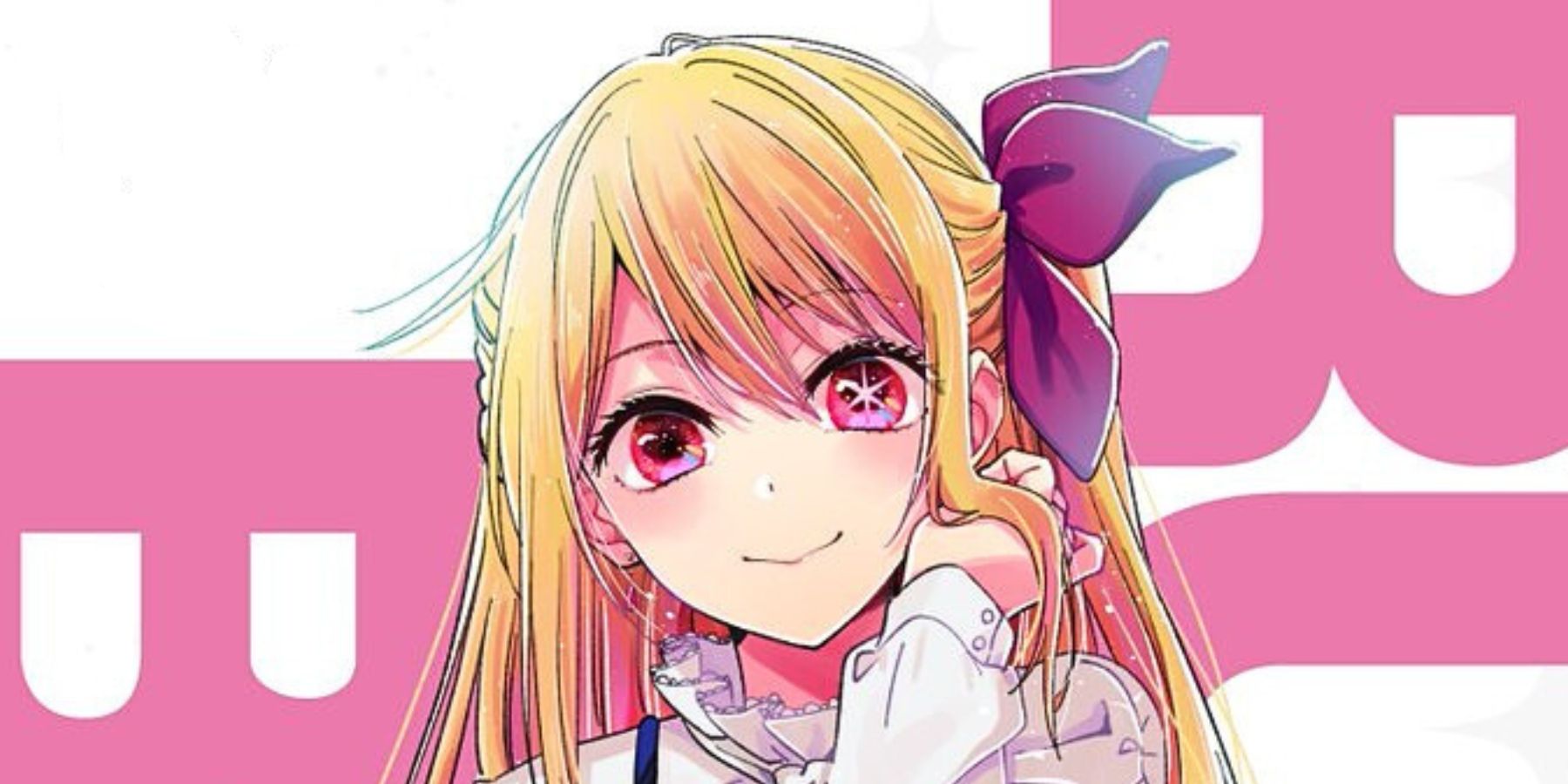
Related
Oshi no Ko Manga Ending, Explained
The Oshi no Ko manga looks like the latest high-profile series to get a controversial conclusion. What has fans so upset about the ending?
The Differences
External vs Internal Struggles of a Pop Star
Oshi no Ko, for the most part, focuses on the external forces that are working against pop idols in Japan. And while the series largely ends up focusing on stalkers, a string of murders, and the dangers that come with that, it also explores other external struggles that are much more common in the Japanese pop idol industry. Many of the industry leaders are manipulative and exploit idols for more income. Even with success, becoming an idol rarely means you can pay your own bills, and even in the early chapters of the manga Oshi no Ko made it very clear that one wrong move could get your entire career canceled in the blink of an eye.
Perfect Blue, on the other hand, focuses largely on the internal struggles a pop idol faces. The fears that come with a job you can age out of, what happens when you internalize online hate and tabloids trying to destroy your image at every turn, and losing yourself in becoming a perfect pop idol. The film especially focuses on the desperation to hold onto fame when a pop idol’s career is fizzling out, and what unhealthy and downright toxic turns this can take towards the mental health of a pop idol. While the film uses trippy imagery and implied psychosis to explore this in the movie, all of these internal struggles are incredibly common in the entertainment industry as a whole, and are amplified by the uniqueness of Japanese pop idol culture’s obsessive nature.
“Look at me, even I can do it just a bit now. A performance which consumes everything around you”
The Similarities
The Dangers Of Becoming An Idol
The main theme both of these franchises explore is the dangers of becoming an idol. Whether physically or mentally, becoming an idol will affect your health even in the best-case scenario, and kill you in the worst-case scenario. Stalkers aren’t just a mainstay in these two; they’re incredibly pervasive in the entertainment industry in its entirety, and are just as likely to murder as shown in both of the franchises we are discussing today. Christina Grimmie was an American pop star who was killed while signing autographs outside a concert. Selena Quintanilla-Pérez was a Latina murdered by the president of the official Selena fan club. John Lennon was another American entertainment industry icon who was shot five times in the back, and we still don’t know who perpetrated the attack.
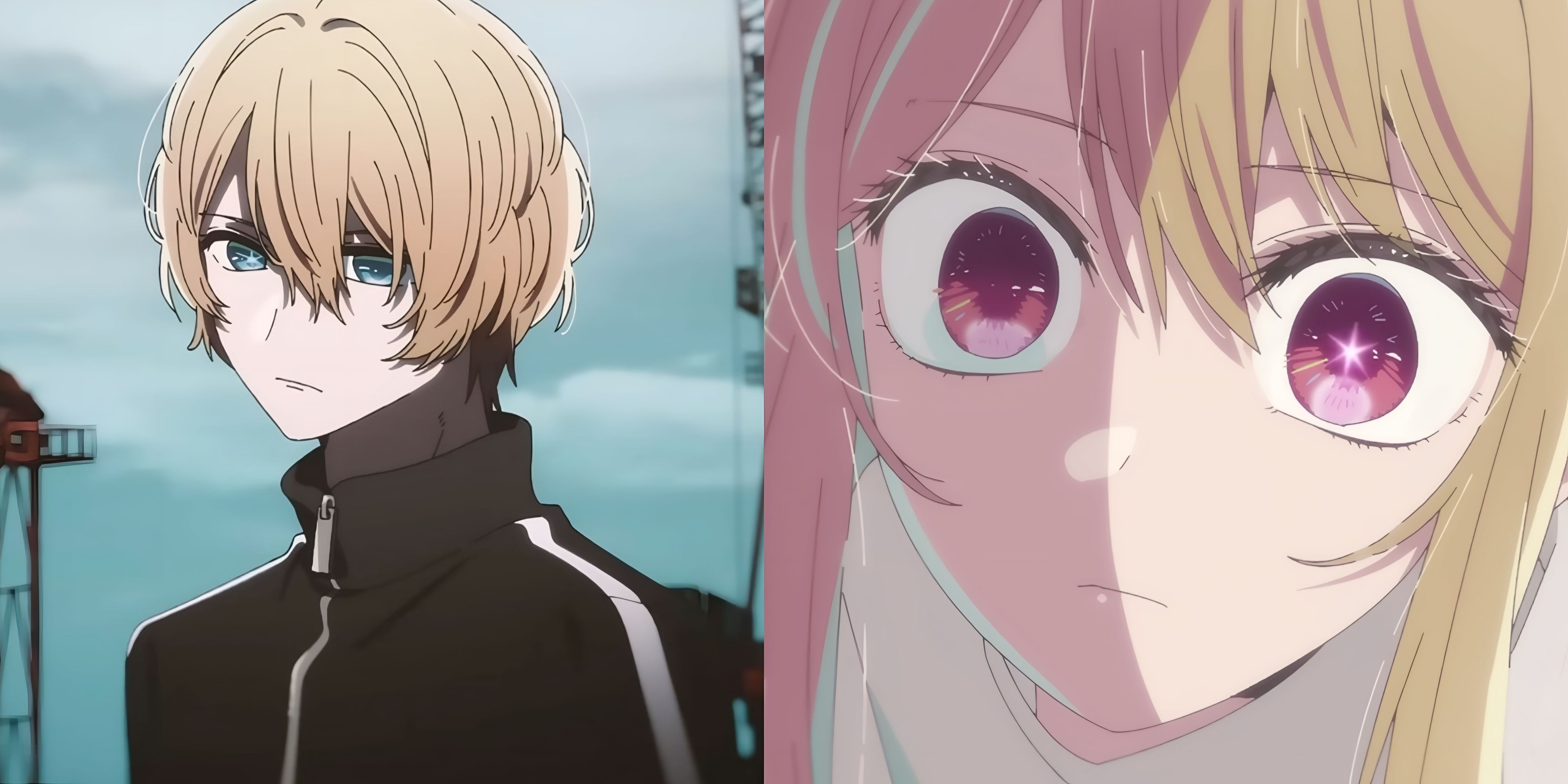
Related
Oshi no Ko Author Finally Speaks About The Controversial Ending
Aka Akasaka finally speaks about Oshi no Ko’s ending.
Both of these anime highlight a very real danger that most of your favorite celebrities must remember every time they meet people. Your favorite idols and celebrities have no idea if you’re their next stalker, if someone they’re being interviewed by is trying to dig for information to sell to tabloid magazines, or if their next management group will exploit them to the point of extreme burnout. The biggest theme both of these franchises explore is that pop idols and other celebrities can trust no one but themselves, and the inherent problems and loneliness that come with that kind of lifestyle.
Oshi no Ko and Perfect Blue may have come out more than two decades apart, but their themes and messaging remain the same. While Japanese pop idol culture may take much longer to change, pieces of media like these two serve to slowly influence fans of pop idol culture over time and help them consider their actions’ impact on their favorite idols.
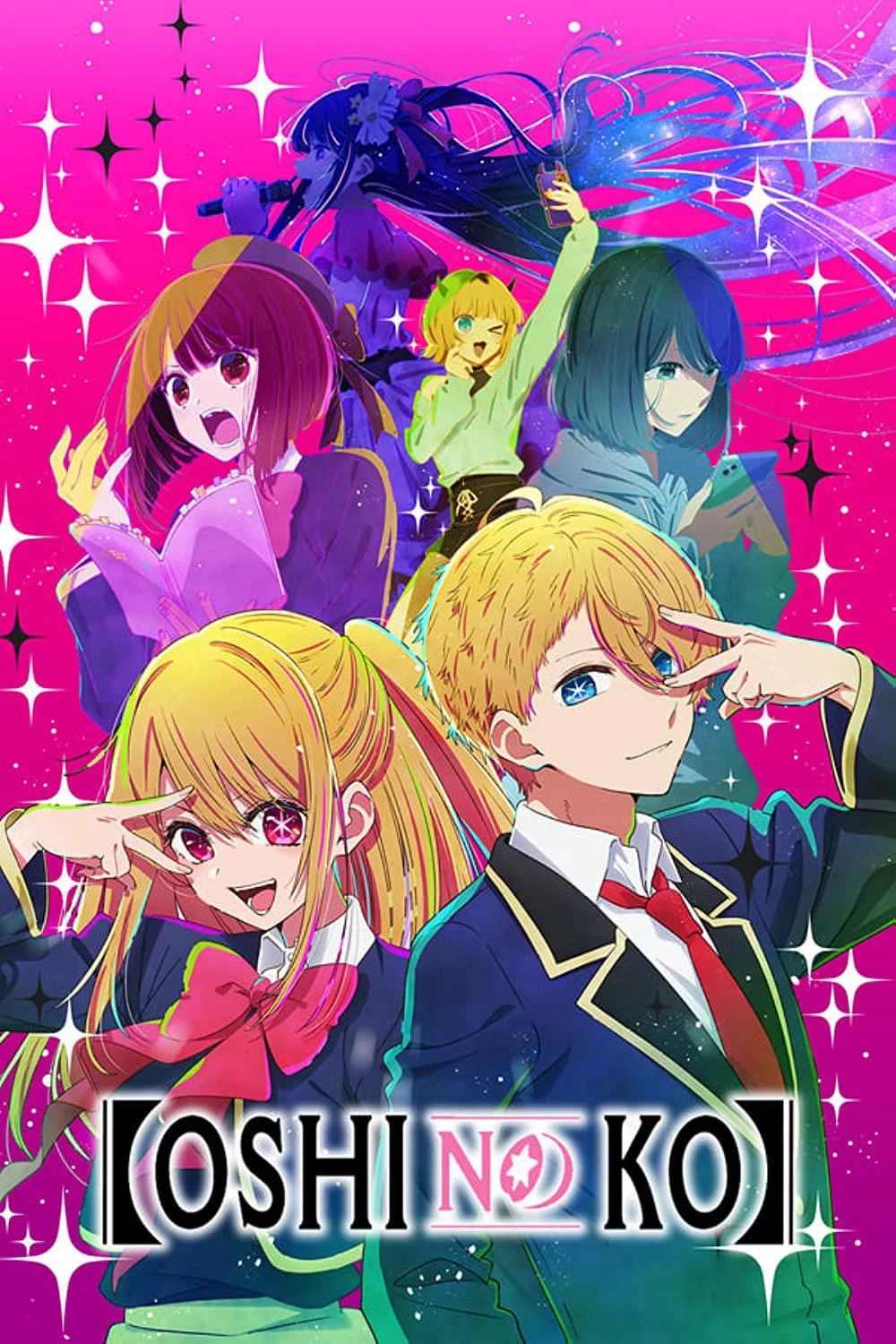
Oshi No Ko
Oshi no Ko is an animated supernatural mystery series that follows a gynecologist named Gorou, a big fan of an idol whom he is caring for as she prepares to deliver her children. After an obsessive fan of the idols murders Gorou, he is reincarnated as her newborn son – but along with him, a terminal patient he knew is reborn as his twin sister. Years later, after yet another seemingly related murder, Gorou (now known as Aqua) decides to enter the idol world and find the culprit.
- Seasons
- 2
- Studio
- Doga Kobo
- Based On
- Manga
- Streaming Service(s)
- HIDIVE
- MyAnimeList Score
- 8.61 (Season 1)
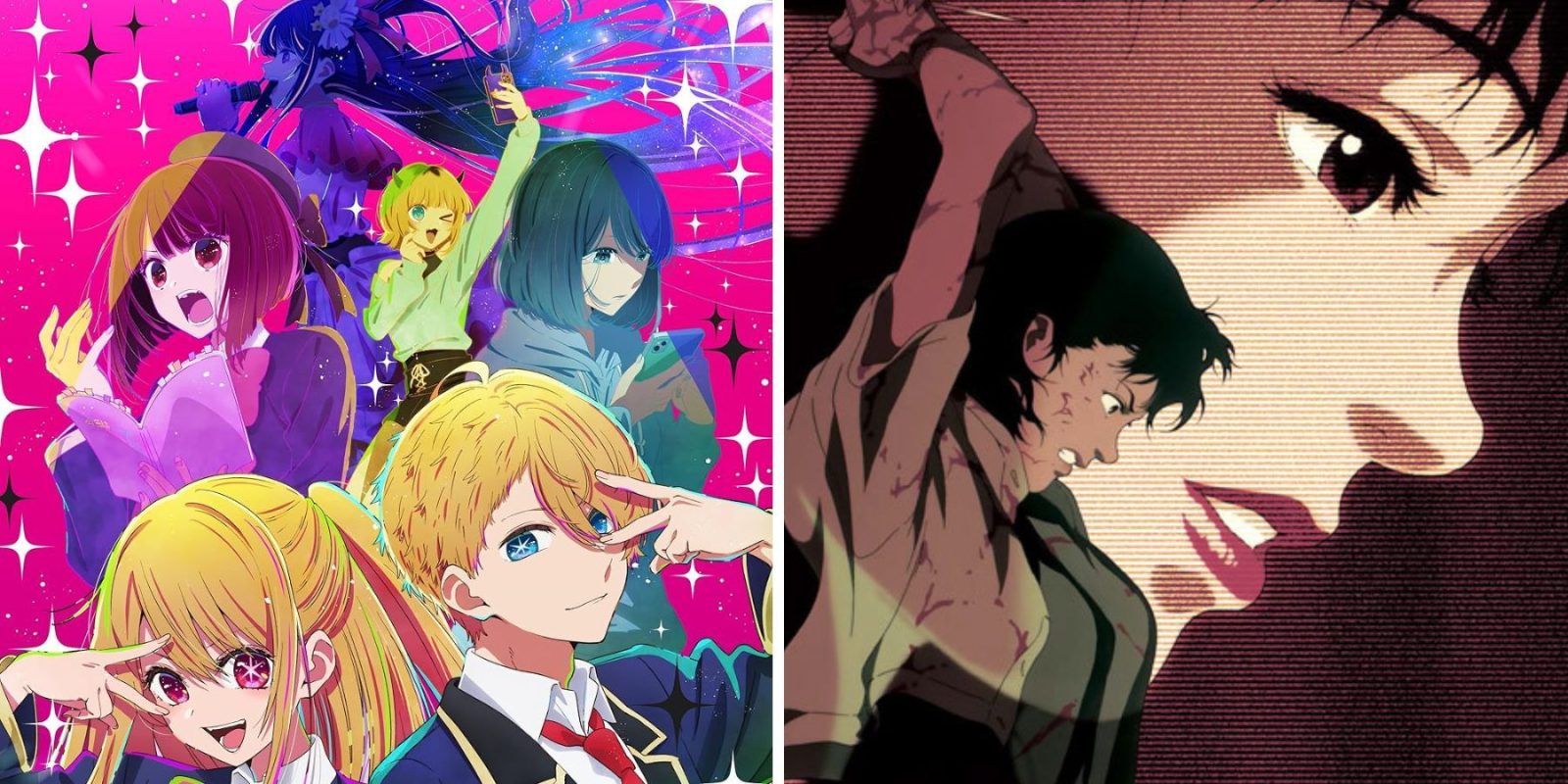
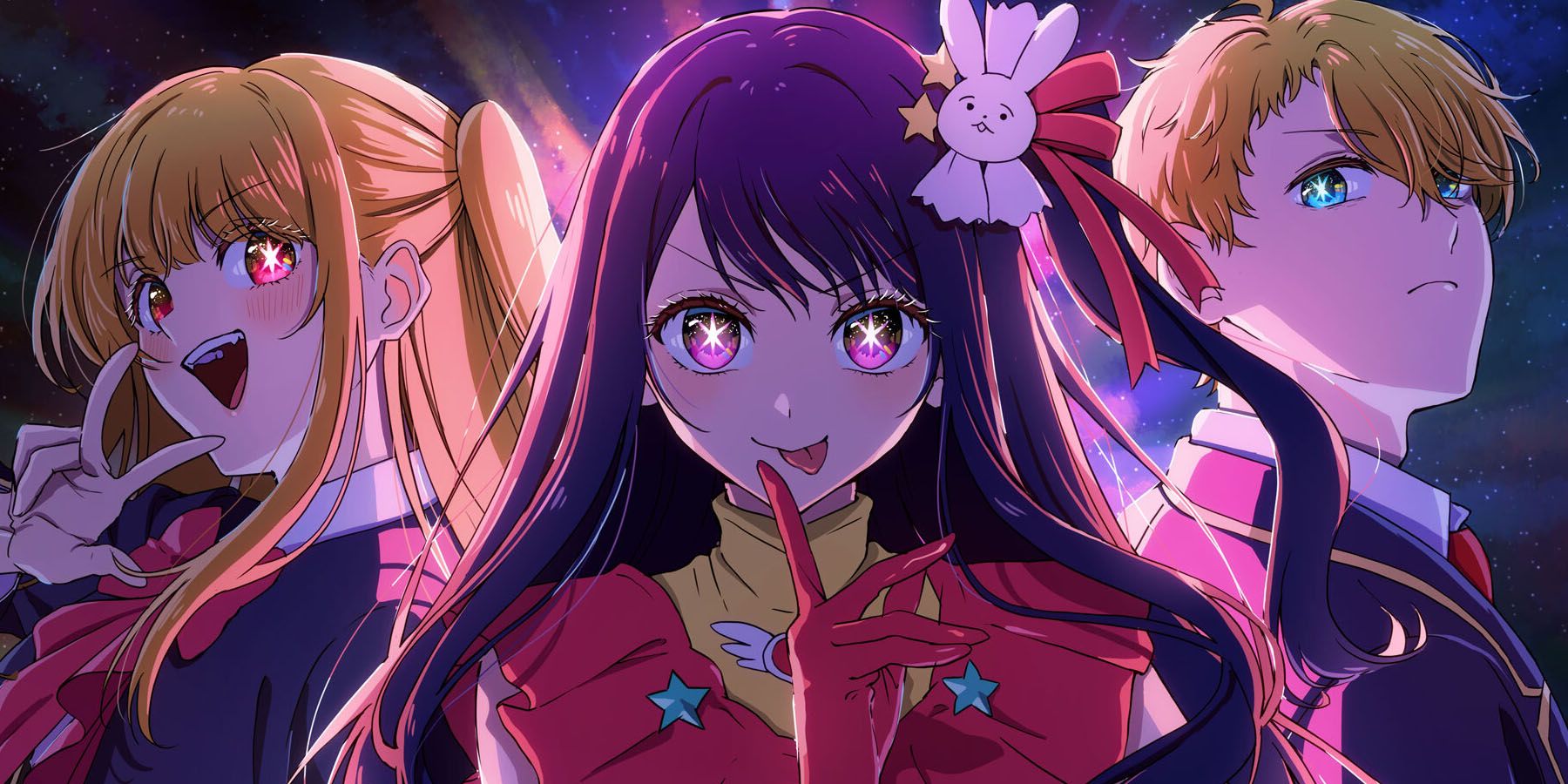
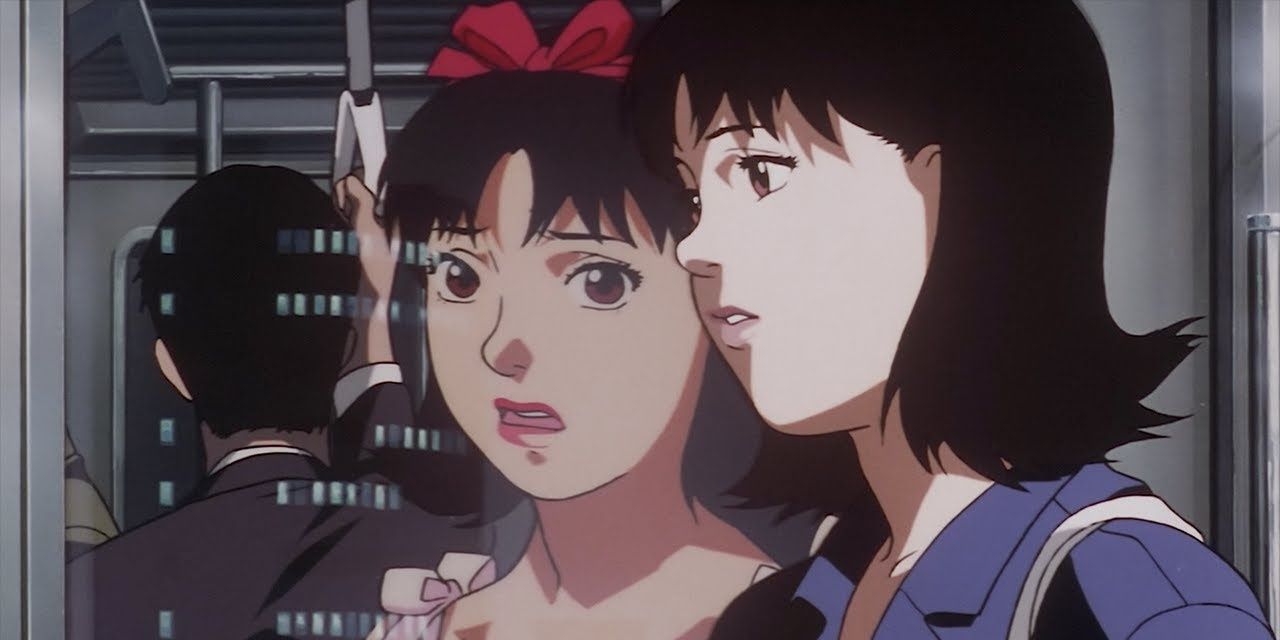
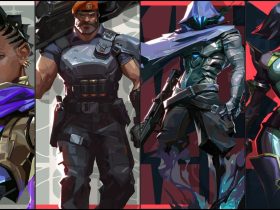



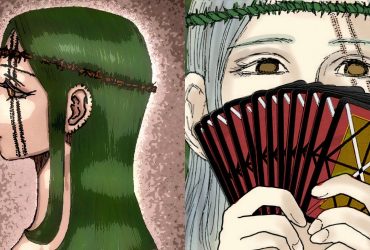
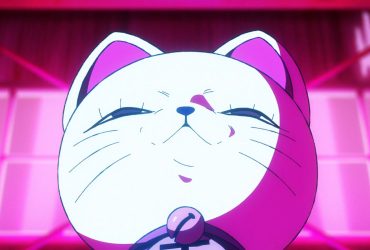
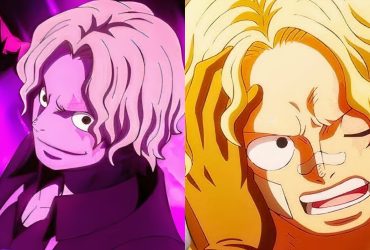
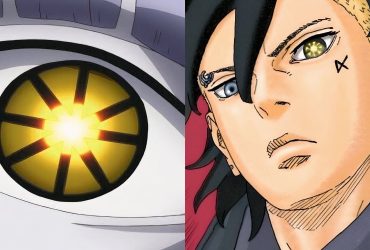
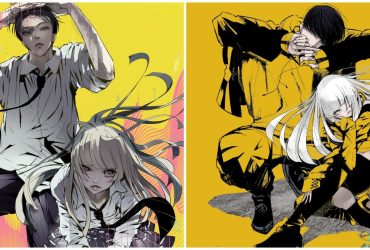
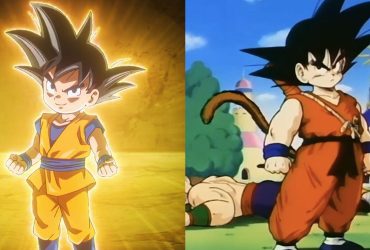
Leave a Reply